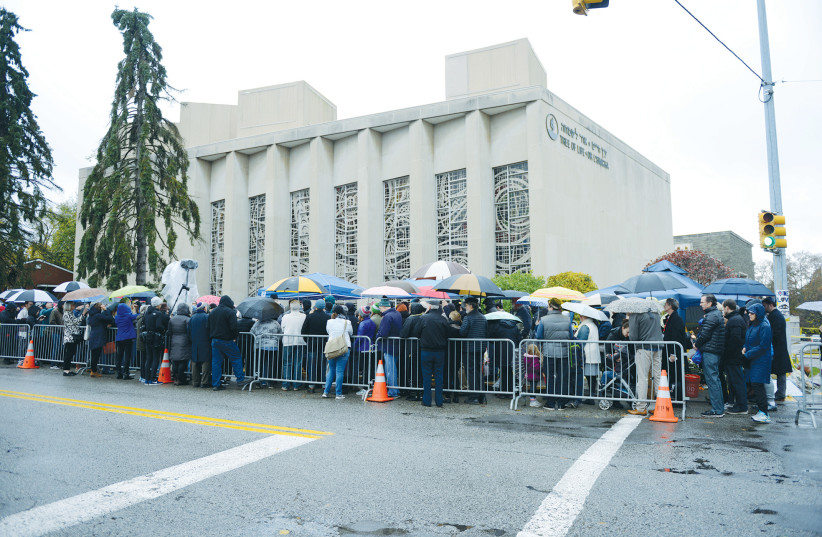The liberal camp in the US must undertake a deep self-examination
The final vote count has not yet concluded, but unless there is an extraordinary surprise, the results point to a sweeping victory for Donald Trump and the Republicans in the US presidential election. According to the data, Trump won not only in the Electoral College—a contested system that often faces criticism—but also in the overall popular vote. This fact undermines arguments that the issue lies solely with the system, making it harder for Democrats to claim the illegitimacy of his rule. Furthermore, Republican victories in Senate races in Ohio and West Virginia are likely to grant Republicans a narrow Senate majority.
What about the Jewish vote? Preliminary data published in the Forward, based on exit polls from various media outlets, indicate that 77% voted for Harris, slightly lower than the peak 80% support for the Democratic Party seen under Bill Clinton in 1992. While there may be questions about the accuracy of these figures—especially regarding the “silent Trump voters” within the Jewish community who may not admit their real voting choice even to pollsters—they ultimately highlight the ideological and political stability of mainstream American Jewry.
Those hoping for a shift in the American Jewish community towards Trump appear to have been mistaken. Liberal Jewish voters concerned about Israel’s future after October 7 found reassurance in Harris’s support for Israel, even if those words seemed superficial, as voting for Trump was unthinkable given their values and vision for America’s future. In any case, due to the relatively low Jewish population in swing states (except Pennsylvania), it is clear that the Jewish vote did not decide this election.
From the Jewish community’s perspective, the true test for Trump’s administration will be its stance on antisemitism. American Jews find themselves caught between traditional right-wing antisemitism and a new left-wing variant. Some pro-Trump voices within the Jewish American community, as well as in Israel, argue that the American right would demonstrate a stronger stance against antisemitism, particularly on college campuses.
However, there are also legitimate concerns about Right-wing antisemtism, especially considering the antisemitic attack on the Tree of Life Synagogue in Pittsburgh in 2018, where 11 worshipers were murdered by a right-wing supporter who blamed Jews for encouraging immigration. The burden of proof now rests on Trump and his supporters to ensure that right-wing antisemitism does not resurface.

Above all, it seems the liberal camp in the US must undertake a deep self-examination. The failure of the Democratic campaign—based on the delegitimization of Trump and an optimistic outlook without concrete policy proposals—reveals a profound flaw in the Democratic Party’s vision.
Flaws in Democratic Party’s vision
The dominance of progressive movements and utopian ideologies has led to irresponsible immigration policies, divisive identity politics, and a lack of pragmatism and realism in American foreign policy, which has failed to demonstrate sufficient strength and deterrence. Broad sections of the US population, including Hispanics, reject the progressive-liberal vision and are concerned about America’s future and the direction of the Democratic Party. The Democratic Party would do well to rethink its path and return to classic liberal values, instead of the divisive woke ideology, which American Jews, as they have come to realize since October 7, are paying a heavy price for.
Dr. David Barak-Gorodetsky is the head of the Ruderman Program for American Jewish Studies at the University of Haifa.





Comments are closed.